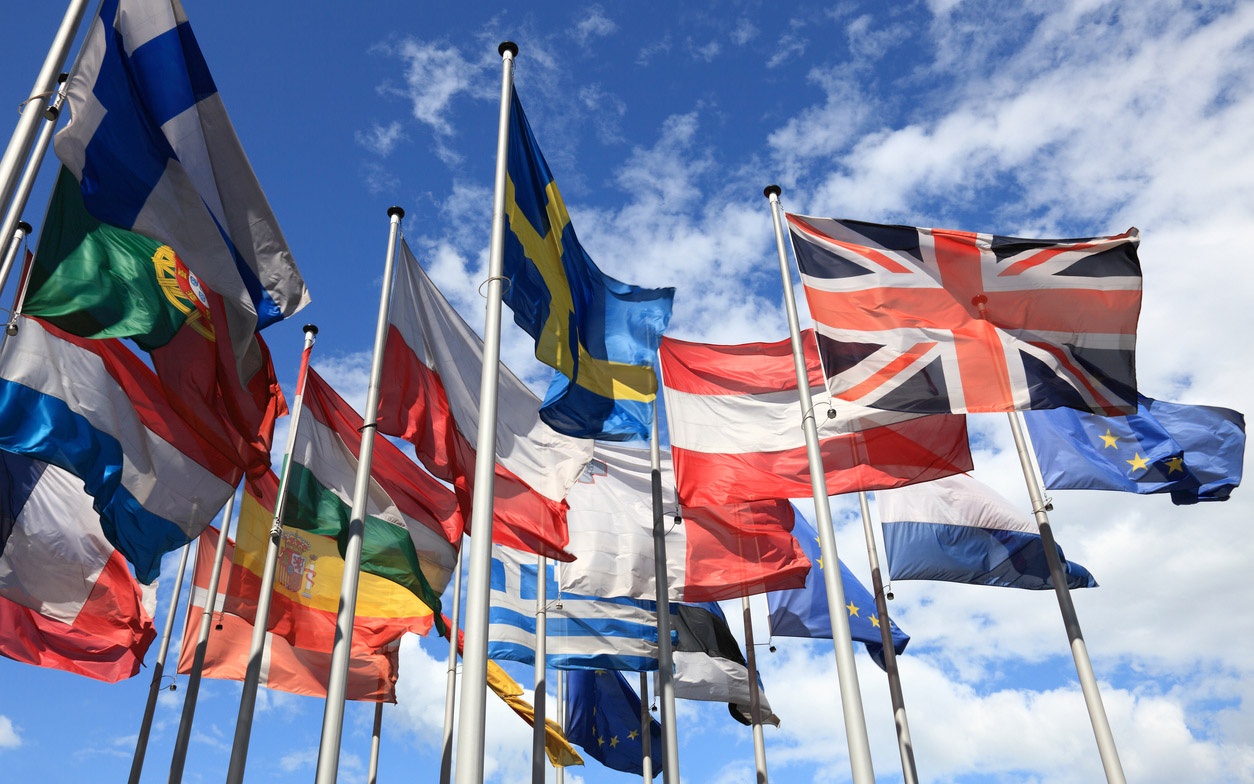We previously discussed the benefits and drawbacks of moving from a Japanese company to an American company, so let's take a look at European companies compared to Japanese companies. European companies offer a nice middle ground between the aggressive, fast paced style of an American company and the more strict, top-down style of a Japanese company.
WORK-LIFE BALANCE
One of the largest factors that separates a European company from an American or Japanese company is that they put more emphasis on work-life balance. For instance, in France there is a law that allows employees to disconnect from work emails when not in the office. While this won’t necessarily be the case for European companies established in Japan, it is likely that some of this mindset and culture will be carried over. You will more likely experience a less rigid work culture working for a European firm in Japan, where leaving before your boss is not as big of an issue and there is not the same emphasis on overtime work.
Another factor is vacation days. Western European countries on average get around four weeks of vacation a year. Of course a European company in Japan may not have the same work culture as in the EU due to localization, but they are still likely to keep some of their original corporate culture and values. As a result, they might offer more vacation days than a Japanese company (or an American company). In Japanese companies it is also common to only offer the legal minimum of holidays and a lot of workers avoid taking time off for fear of the negative stigma that goes along with it. Comparatively, at a European company, as there is not the same culture of refraining from taking holidays, employees do not feel as guilty about using their vacation days.
COMPENSATION
In regards to compensation, European companies generally pay more than Japanese companies, but less than American companies. If you are looking to be a highly paid executive, then an America firm is ideal as CEO’s of S&P 500 businesses get paid 2.6 times more than they would in any other country. However, Swiss, U.K. and Dutch companies are close behind and are all in the top 5 of the Global CEO Pay Index. On the very same list, Japanese companies land at number 20 for compensation. While money should not be the only definitive factor to choosing what company you should apply to, it is something that should be kept in mind when changing jobs.
CORPORATE ENVIRONMENT
As discussed previously, American companies are known for being extremely fast-paced and Japanese companies are known for being significantly slower in their decision-making process due to the need of consensus across the company. Most European companies land somewhere in the middle of this spectrum.
Another difference between American, Japanese and European companies is in regards to promotions. In most American companies promotion is determined by merit and achievement, and the employees are competing in a more aggressive environment to get promoted. This is quite different than in a Japanese company, where promotions are largely based on seniority. Whereas most European companies offer a nice middle ground.
QUALITY
German products are known all over the world for having the highest standards of quality for their products. Other European countries are also known around the world for having high standards of quality as well. Switzerland is famously known for their luxury goods, while Italy is known worldwide for their high standards for design of their products. So if you are looking for a company that is known for its high standards of quality, consider working for a company that originates from one of these countries.
OTHER THINGS TO CONSIDER
As with any global company in Japan, you may have frequent conference calls with the global headquarters. One of the positives of working for a European company in Japan is that the time difference is much better if you have to schedule Skype or phone meetings than it would be if you were working for an American company. For instance, 9 am in New York is 10 pm in Tokyo, which can make scheduling quite difficult. Instead of having to do after dinner phone meetings, or even worse, in the middle of the night, you can easily schedule meetings with European companies (9 am in London is 5 pm in Tokyo).
However one of the problems you may run into when dealing with head office is that that the employees there will most likely not speak any Japanese. As such, a high level in English would most likely be required for positions working closely with the EU office.
TAKEAWAYS
・European companies value a work life balance more so than American or Japanese companies.
・European companies offer a nice middle ground for speed in decision making as they don’t require consensus across the company like a Japanese company would nor do they work at the aggressive pace that American companies work at.
・Compared to a Japanese company, the pay at a European company could be slightly more depending on the firm.
In the end, it is up you to decide what is most important when deciding where you should work next. Do you value rising up quickly through the corporate ranks? If so, than an American company may be the right fit for you. If you prefer consensus in decision making across the company than than working for a Japanese firm may the right way to go. Or if you prefer to have more of a life outside of work, then maybe consider applying at a European company. Assessing the company culture and the match of your work style to the company culture should be taken into considering when applying for opportunities.





